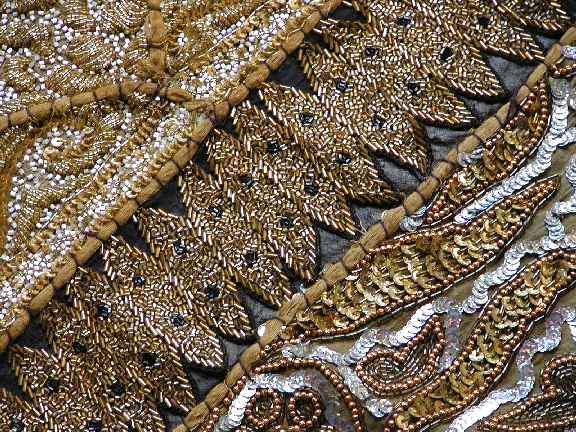===
0085,
1
===

=== |
 |
jhañkānā : 'To cause to peep, to make or to get (one) to peep or spy, &c.'. (Platts p.408)
shart̤ : 'A condition, stipulation, agreement, term, provision, engagement, bargain; a wager, bet'. (Platts p.725)
FWP:
The idea of course is that 'this time' the heart didn't just cause the speaker to indulge in some kind of macabre beyond-the-grave tourism or spectator sport. This time, it (or he) finally did its (or his) duty of 'faithfulness'. The exact nature of this duty is left for us to decide. Did the heart this time not bring the speaker back? Did the heart provide not just a glimpse of the grave, but a full, lasting acquaintance? Did the heart itself go into the grave and not return? Did the speaker arrange for his own death, and/or the death of his heart? But such questions aren't really all that piquant, by Mir's standards, since they mostly amount to permutations of detail.
It could be said that the striking sequence bar-hā gor dil is at first intriguingly confusing, since its grammar is opaque and almost list-like. And then, perhaps the visual parallelism but grammatical difference between jhañkā lānā , which is actually short for jhañkā kar lānā , and bajā lānā , which is an unbreakable single expression, is supposed to intrigue our minds. But really the whole effect isn't all that compelling.